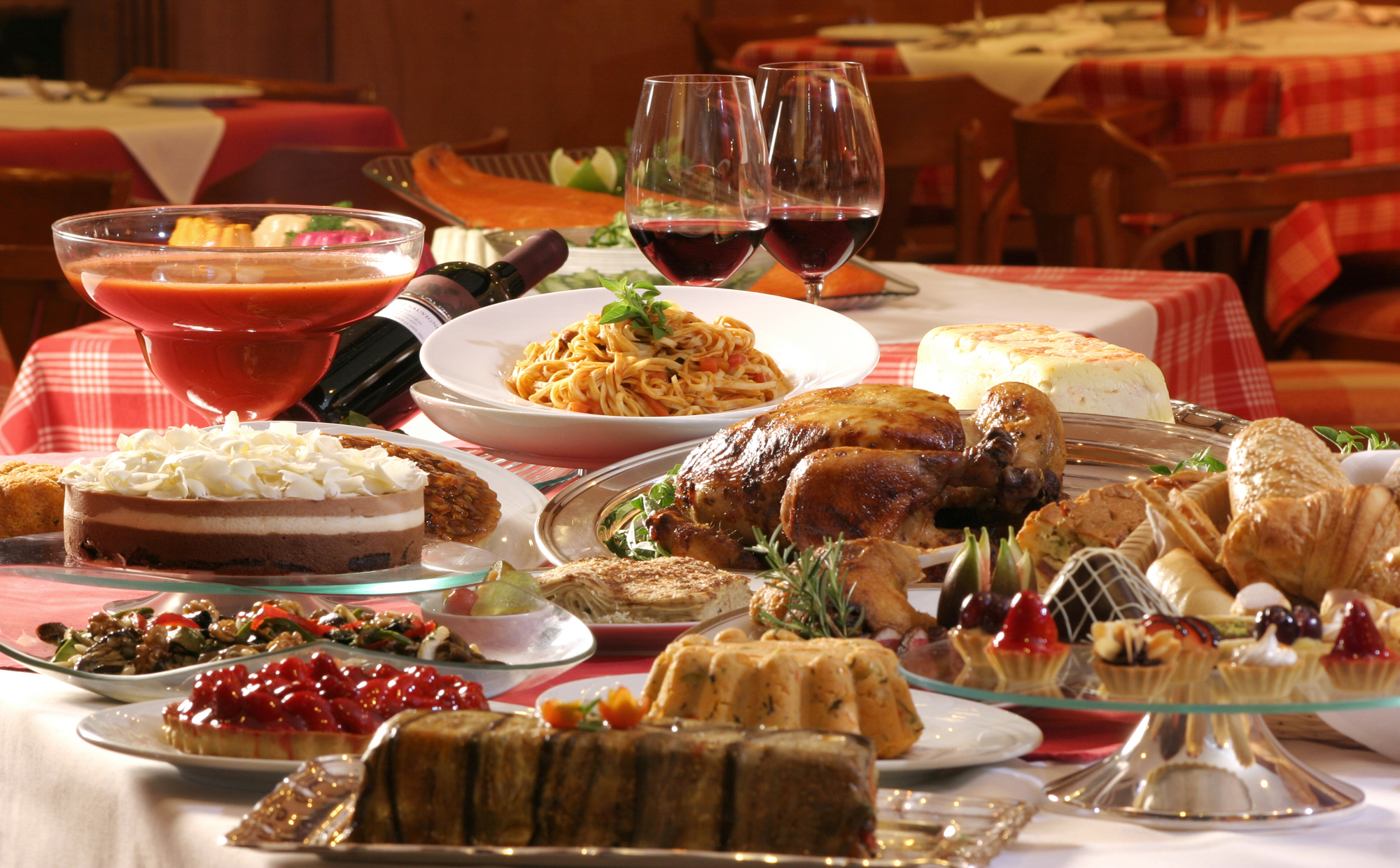Emergencies and hospital admissions increase by 25% during the Christmas period due to an increase in alcohol consumption and excess food intake.
What should we do to avoid suffering a health problem during this holiday season? Prepare your body several days before to compensate for the excesses that are to come later. You should avoid consumption of hypercaloric or very fatty foods as well as alcoholic beverages; chew slowly and avoid lying down for at least two hours after eating; drink plenty of water to purify the body and do not forget to get some exercise.
Tania Mesa – Nutritionist and Nurse from Neolife
Christmas, which is often associated with weight gain can also cause adverse effects thanks to the excess food and alcohol consumed during this period.
The holidays are approaching and with them come the excesses. The European Medical Institute of Obesity has estimated that during the Christmas period there is an average weight gain of between two and four kilos. As we all know, at this time of year our friends and family take us out for multiple meals which leads to a much greater intake of food than usual. This disrupts our normal daily balance. If you are or have recently been on a diet, it is important that you understand the following: you can eat everything, but ensure that you control the amount you eat. This will allow you to enjoy yourself without eating to excess.

A 2013 article from the Spanish Heart Foundation (FEC) (1) reminds us all that these holidays have healthy traditions and that Spain is amongst the countries with the most heart-healthy Christmas customs. An example is the end -of-year tradition of consuming twelve grapes ‘12 grapes of midnight’, which are known to improve blood flow, decrease platelet formation and provide greater protection against LDL cholesterol.
Notwithstanding the aforementioned weight gain the intake of large quantities of food and the excessive consumption of alcohol cause overexertion in the digestive system, which can have negative consequences on our bodies:
- Effects of excess alcohol on the body and your behavior: Irritation of the gastric mucosa, nausea, vomiting, headaches and vision, balance, language and reflex impairment. Alcohol also produces a feeling of euphoria, disinhibition, agitation, emotional lability (mood swings) and even amnesia relating to the period of intoxication. And in cases involving severe alcohol intoxication, the patient could slip into a coma or suffer respiratory arrest as a result of central nervous system depression.
- Effects of excess food: Heavy and slow digestion, abdominal distension / bloating, epigastralgia (pain in the mouth of the abdomen), heartburn (acidity), burning sensation, flatulence, nausea, vomiting, diarrhea, imbalances relating to prevalent pathologies (such as high blood pressure), imbalance in your glycemia figures, cases of gout and renal colic. In addition, the necessary nutrients do not reach the body as readily as they might have done before Christmas, so there is decline, fatigue and tiredness which ultimately affects the body.
In the event that any of these digestive symptoms manifest, it may be helpful to take surfactant drugs that eliminate gas, or antacids and gastric protectors in cases involving heartburn or heavy digestion (as long as it has been prescribed by a doctor). If the symptoms persist for a period of more than 48-72 hours after a period of overeating then it is vital that you consult with a local health professional so that digestive diseases can be ruled out.
The main recommendation to avoid health problems at Christmas: common sense and moderation.
Moderation is essential to avoid many of these disorders. The Spanish Society of Family and Community Medicine (semFYC) has cautioned us about the importance of maintaining healthy eating habits during every Christmas meal and dinner, since most of the health problems seen by professionals at this time of year relate to “an increase in alcohol consumption and eating to excess“. Emergencies and hospital admissions increase by 20-25% at Christmas, mainly as a result of hypertensive crises, diabetic imbalances, cases of gout and various digestive pathologies (gastritis, gastroesophageal reflux, pancreatitis, biliary colic, gastroenteritis) related to the consumption of excess food. In addition, certain neurological diseases, such as epilepsy, are dangerously influenced by alcohol consumption or a lack of sleep.
If there is no medical contraindication then you can eat everything in moderation as long as you apply some common sense. However, there are many people who suffer from chronic diseases such as diabetes, hypertension, heart failure, lung, kidney, gout and celiac disease, dyslipidemia, diseases related to the digestive system etc. who should pay special attention to their diet at this time of year and adjust their diet to avoid imbalances and serious complications relating to their diseases. It is not worth risking your health for a single meal, no matter how appetizing it may appear.
The Neolife clinic employs specialists in anti-ageing nutrition and we want to provide you with some basic nutritional recommendations that will allow you to enjoy Christmas without the excess. By following our advice you will successfully avoid negative effects that would otherwise have affected your health and you will be free to enjoy Christmas meals in the healthiest way possible:
- Prepare your body several days before to compensate for the excesses that are to come later: maintain a schedule for essential meals each day; prepare light meals, such as salads, cream of vegetable soup or depuratives, non-fatty/skimmed broths, steamed, cooked or baked fish, whole wheat bread, light fresh cheese, turkey, fruit, digestive teas, diuretics, skimmed or bifidus yoghurts.
- Avoid consumption of hypercaloric or very fatty foods and alcoholic beverages.
- Chew slowly.
- Wait at least two hours after eating before going to bed.
- Drink plenty of water to eliminate toxins and purify your body.
- Perform physical exercise.
BIBLIOGRAPHY
